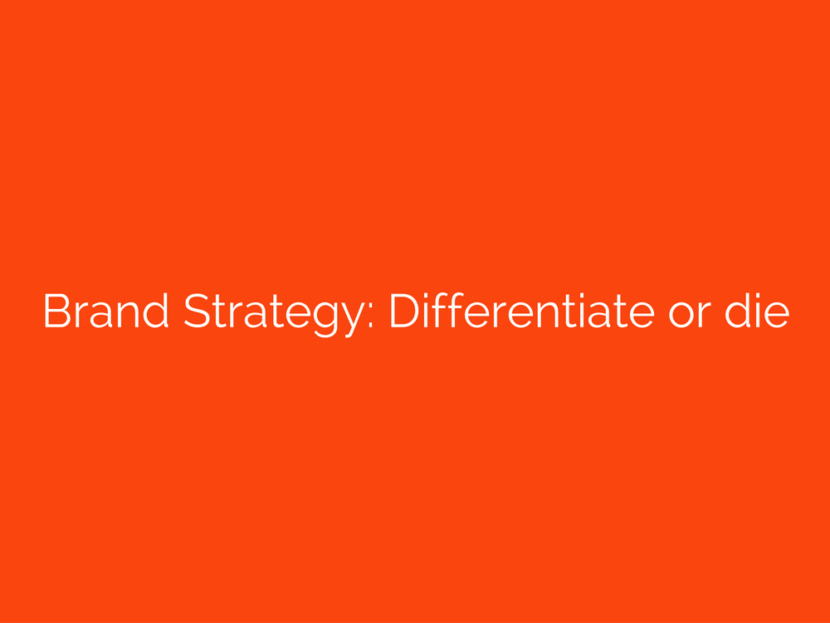Brand Strategy
Brand strategy and brand communications are interdependent. If you want your brand to win then the way it communicates must be as carefully considered as the game you’re playing.
Don’t expect to win by copying others. Your story needs purpose and differentiation to make it resonate.
Article appeared on 17th April 2015 in The West Australian – West Business
The success of ‘brand strategy’ is in playing a game it can win. The success of a brand’s communications can be directly linked to how the brand’s story affects and appeals in a personal or emotional way with its target audience. A brand strategy that doesn’t resonate with its customers or prospective customers creates no psychological connection – no ‘buy in’. No psychological effect equals no behaviour change. No behaviour change means losing the game.
Throughout the history of mankind the purpose of story telling has been to pass on cultural and historical information, verbally, pictorially, in written words or music. A story with a beginning, middle and end has the effect of being understood as a narrative. It communicates an idea. To create, sustain or grow familiarity of that idea. But to make memorable the purpose of the brand and the story it must be emotive and relevant.
The power of a story has a half-life. The more times you hear it, the less impact it has. Aesop’s Fable of the Tortoise and the Hare is a good example of a half-life story. Many Australian brands have half-life stories.
Tell a story that sounds familiar and has the same ‘purpose’ as another brand story and the story is banal. Banal does not make audiences absorb an idea. When you offer the same story as your competitors as to why your brand is worthy of their attention, you make no impact. If you tell too similar a brand story to another’s – your story is weakened.
Brand Strategy – New idea
Your story needs to communicate a new idea. In business terms it needs to tell a new story with a commercial purpose: e.g. Think this, Feel that, Choose us, Reconsider our organisational relevance, Call us, Come in store etc.
No audience will change its thoughts, feelings, attitudes or behaviour if the story is not new, is de-motivating or difficult to act on.
The channel in which it is communicated also affects the message in the story. The context of the chosen medium is as relevant as the message itself in understanding its purpose. Advertising, Direct Marketing, Email Marketing, Content Marketing, Public Relations, Point Of Sale, Websites, Facebook, LinkedIn, Twitter, etc. all have different pros and cons as effective media channels.
But whether the message is channeled through traditional, digital or social media, it must be chosen carefully. Just being ‘different’ for different sake is not differentiation.
If you would like to discuss how we might be able to add value and get results for your brand please do not hesitate to contact us.

